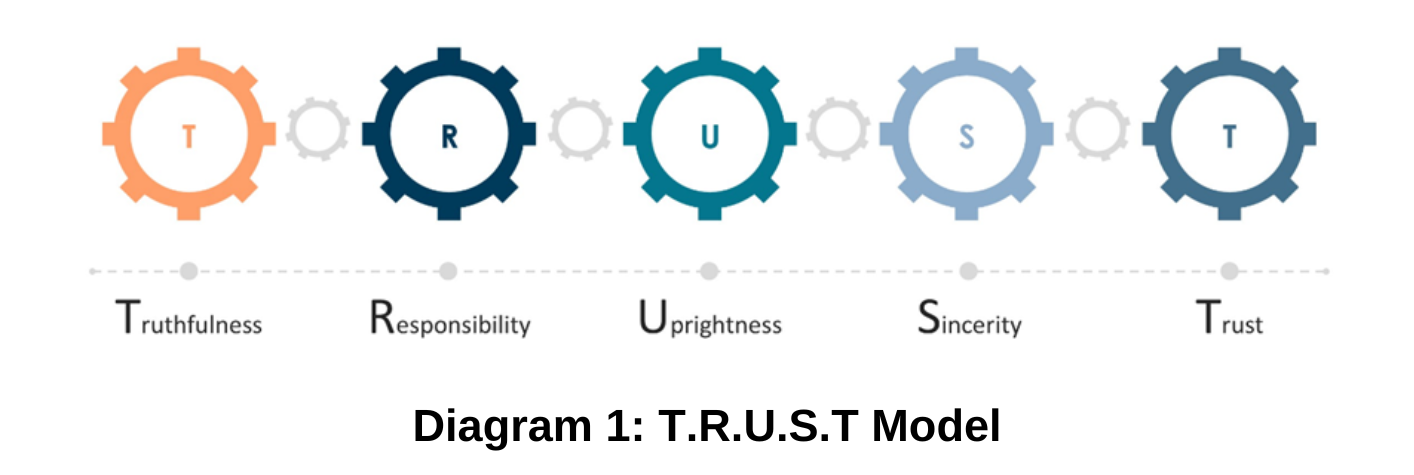The Application of the 20th Royal Working Principle : Honesty, Integrity, and Sincerity towards One Another
Keywords:
Application, 20th Royal Working Principle, Sufficiency Economy, Honesty, Integrity, Sincerity towards One AnotherAbstract
This study aims to analyze and apply the 20th Royal Working Principle, “Honesty, Integrity, and Sincerity towards One Another,” from both philosophical and practical perspectives, integrating concepts from Buddhist philosophy, Western ethics, and contemporary social theories. The research employed a hermeneutic qualitative method, drawing on document analysis, classical texts, and related academic studies. The findings reveal that honesty, integrity, and sincerity extend beyond merely telling the truth; they encompass keeping one’s word, acting transparently, maintaining upright intentions, and fostering mutual trust in society. Applying this principle generates continuous positive impacts, including enhancing personal credibility, cultivating an organizational culture of good governance, and strengthening social capital at both community and national levels. The new knowledge synthesized from this study is presented as the T.R.U.S.T Model, which explains the mechanisms linking inner virtue, ethical practice, and social relationships. The model demonstrates that honesty, integrity, and sincerity constitute a structural virtue essential for sustainable development and the creation of trust at all levels of society.
References
ธนรักษ์ เมฆขยาย, ยงยุทธ ศรีเกี่ยวฝั้น และอดิศร สิทธิเวช. (2559). การเรียนรู้หลักการทรงงานและน้อมนำมาปรับใช้ของเกษตรกรในพื้นที่ภาคเหนือ. การประชุมวิชาการของมหาวิทยาลัยเกษตรศาสตร์ ครั้งที่ 54 สาขาเศรษฐศาสตร์และบริหารธุรกิจ. เชียงใหม่ : มหาวิทยาลัยแม่โจ้.
พระเทพวัชรสารบัณฑิต และคณะ. (2567). แก่นพระพุทธศาสนาที่ปรากฏในการเทศน์มหาเวสสันดรชาดก. โครงการพัฒนาความเป็นเลิศของสถาบันอุดมศึกษาและพัฒนากำลังคนขั้นสูง : มหาวิทยาลัยมหาจุฬาลงกรณราชวิทยาลัย.
บัณฑิต เสาวภาภรณ์, ทักษญา สง่าโยธิน และลลิต ถนอมสิงห์. (2562). การศึกษาหลักการทรงงานในพระบาทสมเด็จพระบรมชนกาธิเบศร มหาภูมิพลอดุลยเดชมหาราช บรมนาถบพิตร เพื่อน้อมนำมาเป็นแนวทางในการปฏิบัติงานสำหรับกิจการเพื่อสังคม. วารสารการเมือง การบริหาร และกฎหมาย, 13(1), 311–326.
พระพรหมคุณาภรณ์ (ป.อ. ปยุตฺโต). (2541). ธรรมกับการพัฒนาชีวิต. กรุงเทพฯ : สำนักพิมพ์ธรรมสภา.
สำนักคณะกรรมการพิเศษเพื่อประสานงานโครงการอันเนื่องมาจากพระราชดำริ (สำนัก กปร.). (2563). หลักการทรงงาน ในพระบาทสมเด็จพระบรมชนกาธิเบศร มหาภูมิพลอดุลยเดชมหาราช บรมนาถบพิตร (พิมพ์ครั้งที่ 3). กรุงเทพฯ : สำนัก กปร.
สิรินทร์ กันยาวิริยะ. (2568). สัจจะบารมีในพุทธปรัชญาเถรวาท. วารสารสถาบันพอดี มูลนิธิสหธรรมิกชน, 2(2), 51-65.
Aristotle. (2009). Nicomachean ethics (W. D. Ross, Trans.). Oxford University Press. (Original work published ca. 350 B.C.E.)
Audi, R., & Murphy, P. E. (2006). The many faces of integrity. Business Ethics Quarterly, 16(1), 3–21. https://doi.org/10.5840/beq20061613
Brown, M. E., Treviño, L. K., & Harrison, D. A. (2005). Ethical leadership: A social learning perspective for construct development and testing. Organizational Behavior and Human Decision Processes, 97(2), 117–134. https://doi.org/10.1016/j.obhdp.2005.03.002
Chanyanoot, M., & Taksaya, S. (2019). แนวทางการน้อมนำหลักการทรงงานของพระบาทสมเด็จพระปรมินทรมหาภูมิพลอดุลยเดช บรมนาถบพิตร ไปใช้ในการปฏิบัติงานขององค์กรธุรกิจ. Veridian E-Journal, Silpakorn University, 12(1), 710–723.
Elkington, J. (1997) Cannibals with Forks: The Triple Bottom Line of 21st Century Business. Capstone, Oxford.
Harvey, P. (2000). An introduction to Buddhist ethics: Foundations, values and issues. Cambridge University Press.
Kant, I. (1996). Groundwork of the metaphysics of morals (M. Gregor, Trans.). Cambridge University Press. (Original work published 1785)
Mill, J. S. (1998). Utilitarianism. Oxford University Press. (Original work published 1861)
Nitthat-ek, S. (2025). Good Practice in Strengthening Integrity and Transparency in Organizations: A Case Study of the Department of Provincial Administration, Ministry of Interior. King Prajadhipok’s Institute Journal, 23(1), 146–170. retrieved from https://so06.tci-thaijo.org/index.php/kpi_journal/article/view/275406
Pološki Vokić, N., Rimac Bilušić, M., & Najjar, D. (2020, August). Building organizational trust through internal communication. Corporate Communications: An International Journal, ahead of print. https://doi.org/10.1108/CCIJ 01 2020 0023
Porpeang.org. (ม.ป.ป.). หลักการทรงงานข้อที่ 20 : ความซื่อสัตย์สุจริตจริงใจต่อกัน. สืบค้นจาก https://www.porpeang.org
Printeger Consortium. (2016). Promoting integrity as an integral dimension of excellence in research: Normative analysis of research integrity and misconduct (Deliverable No. D II.3). European Union’s Horizon 2020 research and innovation programme. https://printeger.eu/wp-content/uploads/2016/10/D2.3.pdf
Putnam, R. D. (2000). Bowling alone: The collapse and revival of American community. Simon & Schuster.
Rothstein, B. (2011). The Quality of Government: Corruption, Social Trust, and Inequality in International Perspective.University of Chicago Press. https://doi.org/10.7208/chicago/9780226729589.001.0001
Williams, B. (2002). Truth and truthfulness: An essay in genealogy. Princeton University Press.
Yadav, B. (2024). Ethics in Public Administration: Why Integrity Matters?. RESEARCH REVIEW International Journal of Multidisciplinary, 9(1), 282–286.

Downloads
Published
How to Cite
Issue
Section
License
Copyright (c) 2025 Institute of Sufficiency Journal

This work is licensed under a Creative Commons Attribution-NonCommercial-NoDerivatives 4.0 International License.



